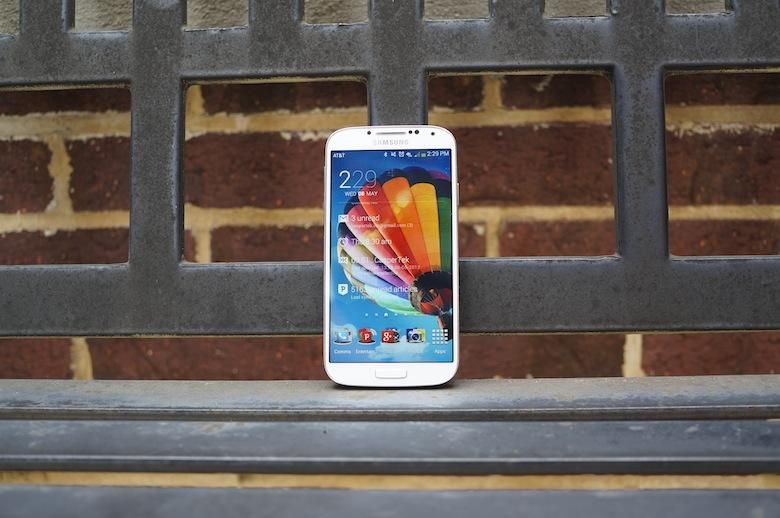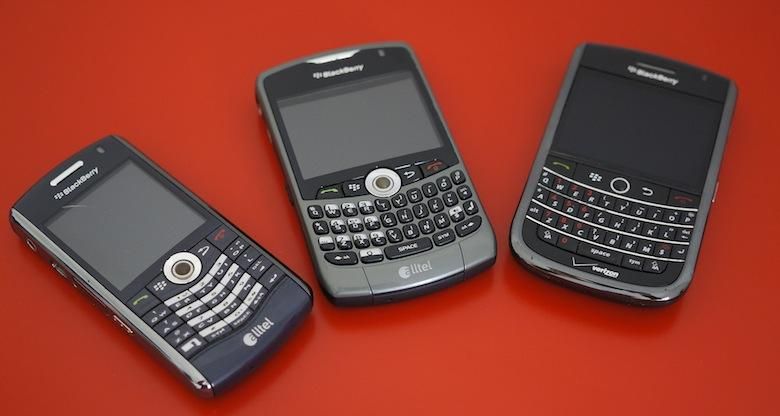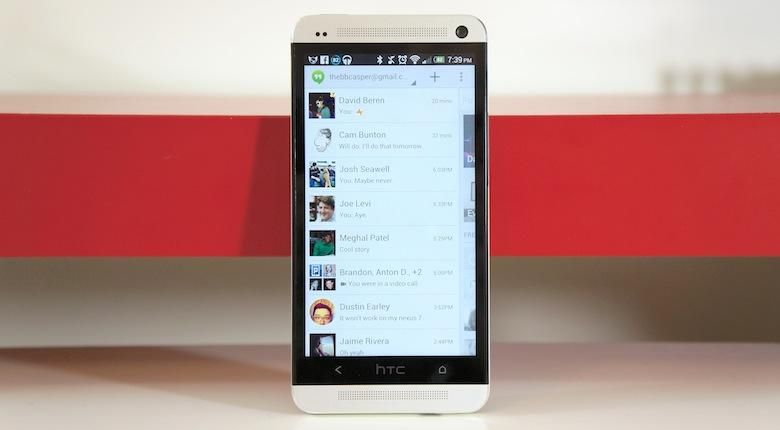We have certainly attained high standards over the years. We’ve transgressed beyond astronomical standards and now expect above and beyond from every product, a surplus of features we’ll never need, overkill.
We all are very spoiled.
Take the HTC First, for example. Most laughed at the thought of a phone that came pre-loaded with Facebook Home. No, it didn’t have the best specifications possible. No, it was not a flagship. Never mind the fact it was almost exactly what every purist had been begging for all along – a stock Android phone with little to no bloat. Yet just weeks into its existence, HTC and AT&T are struggling to move the phone. And Facebook has pretty much already forgotten about it.
This is a byproduct of every mobile customer wanting and expecting nothing short of the best … all the time.
But seldom do we stop and ask “Why?” Why do we need such powerful smartphones? Why do we need a phone with a quad-core processor, multi-core GPU, and 2GB RAM? When have any of us ever actually needed that much horsepower or done that much multitasking on a phone?
Many of us could likely get by just fine today with a smartphone from 2009, or even a feature phone.
Sure, you could sum it all up and say very few people actually need smartphones. Most of us could get by with a dumb flip phone and a laptop. Smartphones are still very much – and may always be – a luxury item. Few people ever truly need to check their email while in the loo or tweet walking along a sidewalk.
But for the sake of this article, we’ll agree that “needs” in the context we’re using is actually closer to “desires” – your needs in a smartphone are different from your general needs.
The real question is: what do you use your smartphone for?
Almost everyone I know has a smartphone. They rarely let their phone out of their sight, and they’re constantly staring at the display, ignoring the world around them. Most of them don’t think twice about what’s making it tick, only what it can do. And most of them hardly have anything installed and only use about 10 to 15 percent of it’s total potential.
Even most of us here at Pocketnow, who constantly obsess over specifications, features, and every minor detail, use our phones for one primary purpose: communication. We nitpick over the tiniest instance of lag, because that’s our job. But what does 95 percent (or more) of our mobile usage consist of? Facebook, Twitter, Google+, Instagram, SMS, instant messaging, email, etc.
This is the case for most mobile users. While voice calls are far less important than they were a half decade ago, phones – smart or dumb – are still primarily used for communication. Another large portion of usage belongs to news and information – RSS, Google searches and Web browsing.
None of these things require a ton of power. They certainly don’t require a quad-core CPU or 2GB RAM to run smoothly. Nor does streaming music.
There are only a few use cases that require a little extra horsepower, such as watching full HD movies and playing graphic-intensive games. But most mobile games aren’t graphic-intensive by design. They’re simple side-scrollers meant to be easy to pick up and put down at a moment’s notice, to pass time, not to kill off eight hours on a Saturday night. Most of them ran just as well on phones two years ago as they do today.
Although smartphones are a lot more powerful and capable than they were in 2006, the extent of my personal daily usage really hasn’t changed all that much. I check Twitter, Facebook, and Google+, take some pictures, stream a few hours of Spotify, and instant message. That’s it. And, from time to time, I’ll play a light game, like Death Worm, Slingshot Racing, or Solitaire.
Seldom do I ever feel my phone isn’t fast enough. Seldom did I ever feel that way in the past, but it would be extremely difficult to ever go back.
To truly understand how spoiled we are, all it takes is a quick look into the recent past. Put your SIM card in an old phone – not even one that’s really that old. Try a Galaxy Nexus again, or go back to the Galaxy S III after using the Galaxy S 4 or HTC One. Try not to rip out your hair. The small stutters and millisecond wait times are enough to drive a man mad, all because he can’t get to his Twitter feed fast enough or because there’s a split-second of checker-boarding in the browser.
We obsess over benchmarks and devices that are more powerful than dedicated PCs from a few years back. Yet few of us very rarely need or use the extra power. The vast majority of our usage is dedicated to things that could run just fine on hardware from 2010.
I’m curious, readers. Do you ever truly put your phone through the ringer? Do you use it to its maximum potential, including pushing the CPU and GPU to the max? Or, like most, does your phone sit idle, and is the majority of your usage lightweight, casual browsing and reading? Do you feel your phone is overkill? Or do you like having the extra horsepower … just in case?




